On my farm in the French Vendée, we are picking the last peppers, aubergines, fennel, Padron peppers, and Butternut squash. Green manures have been sown, and beds have been formed for sowing broad beans and even the first lettuces we will plant in January. Every time I visit, the crops are better, the rows straighter, and the staff happier, calmer, and more confident. We have come a long way in the 15 years since I bought the farm – hoping to bridge the UK’s ‘Hungry Gap’ each spring, and to broaden Riverford’s range with the minimum road miles.
Initially, I would arrive to find a chaos of wilting, yellowing vegetables, wind-torn fleeces, and rows that wandered as if the addled tractor driver was following a seagull. For the first two years, we barely harvested 50% of our crop projections. After five years, and €150,000 of losses, things got better. We learnt a few tricks from our French neighbours, and abandoned the assumption that what worked on our soils in Devon would work on very different soils 250 miles further south. We slowly built a skilled and dedicated team, headed up by our Peruvian agronomist Marco, and Didier, the dairy farmer who sold us the farm and stayed on to work with us. We invested in machinery, tunnels, draining, and irrigation, and learnt a little of the local employment culture (still baffling at times) and the local banking culture (much more supportive of business than ours).
The farm turned out to be a great choice. Its soils are a mixture of free-draining sand which allows early planting, some peaty loams, and heavy clay which holds moisture and supports huge crops of Butternut squash and sweetcorn later in the season.
Our only crop this year that was not grown for Riverford was sunflowers. At harvest, the buyer told us that the organic market had collapsed and we would get no premium for them. Such exploitation of farmers reminds me that my confidence and investment in this farm would have withered without Riverford, and ultimately without you, our customers. It is unique in our industry to sell to a business which always buys what it says it will buy, pays what it says it will pay, pays on time, adopts sensible specifications, communicates openly, and makes long-term commitments.
If you feel inclined to join our campaign urging supermarkets to offer the same fair treatment, you can sign the petition at GetFairAboutFarming.co.uk.

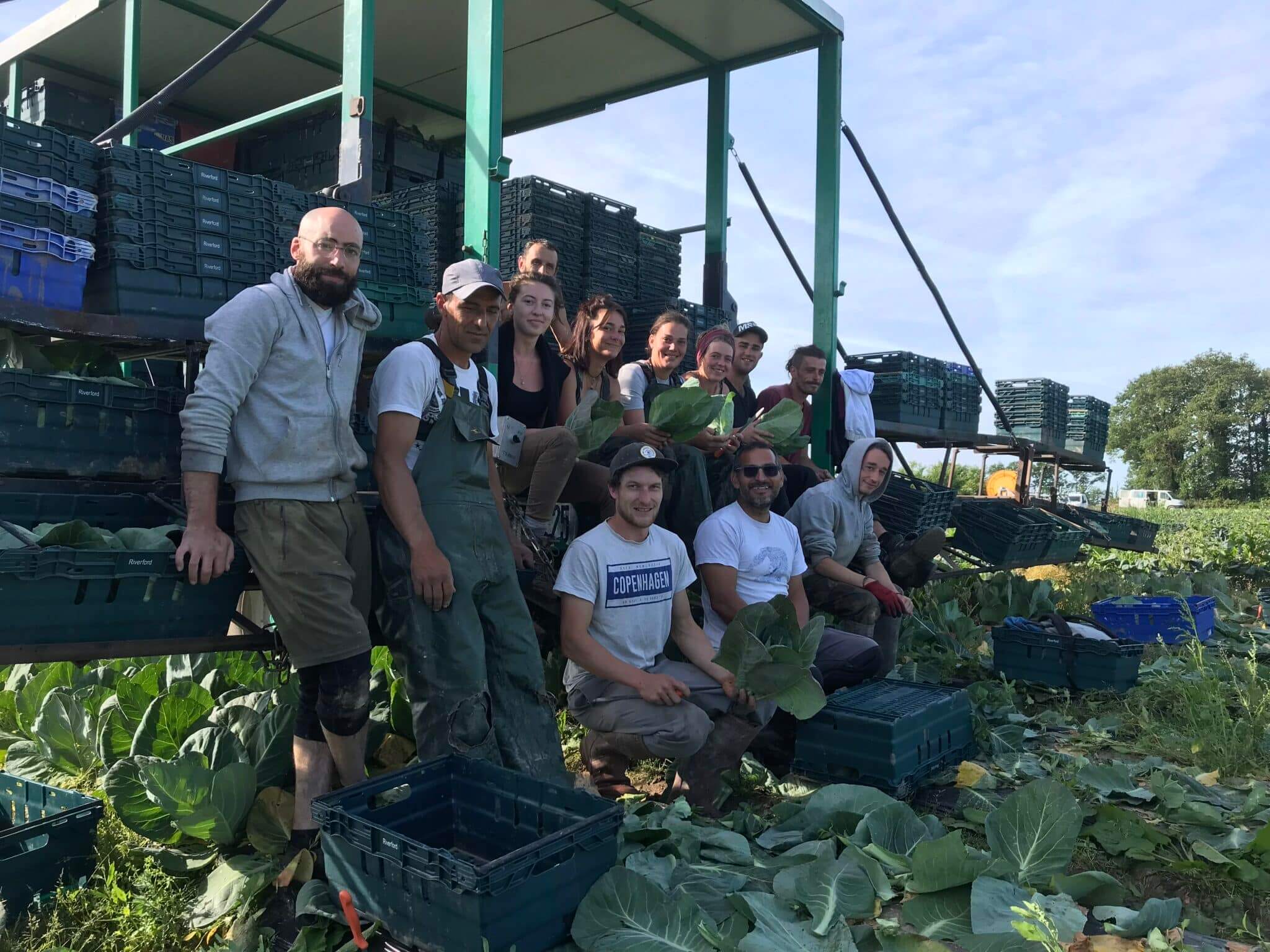
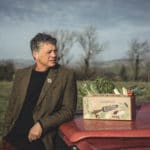
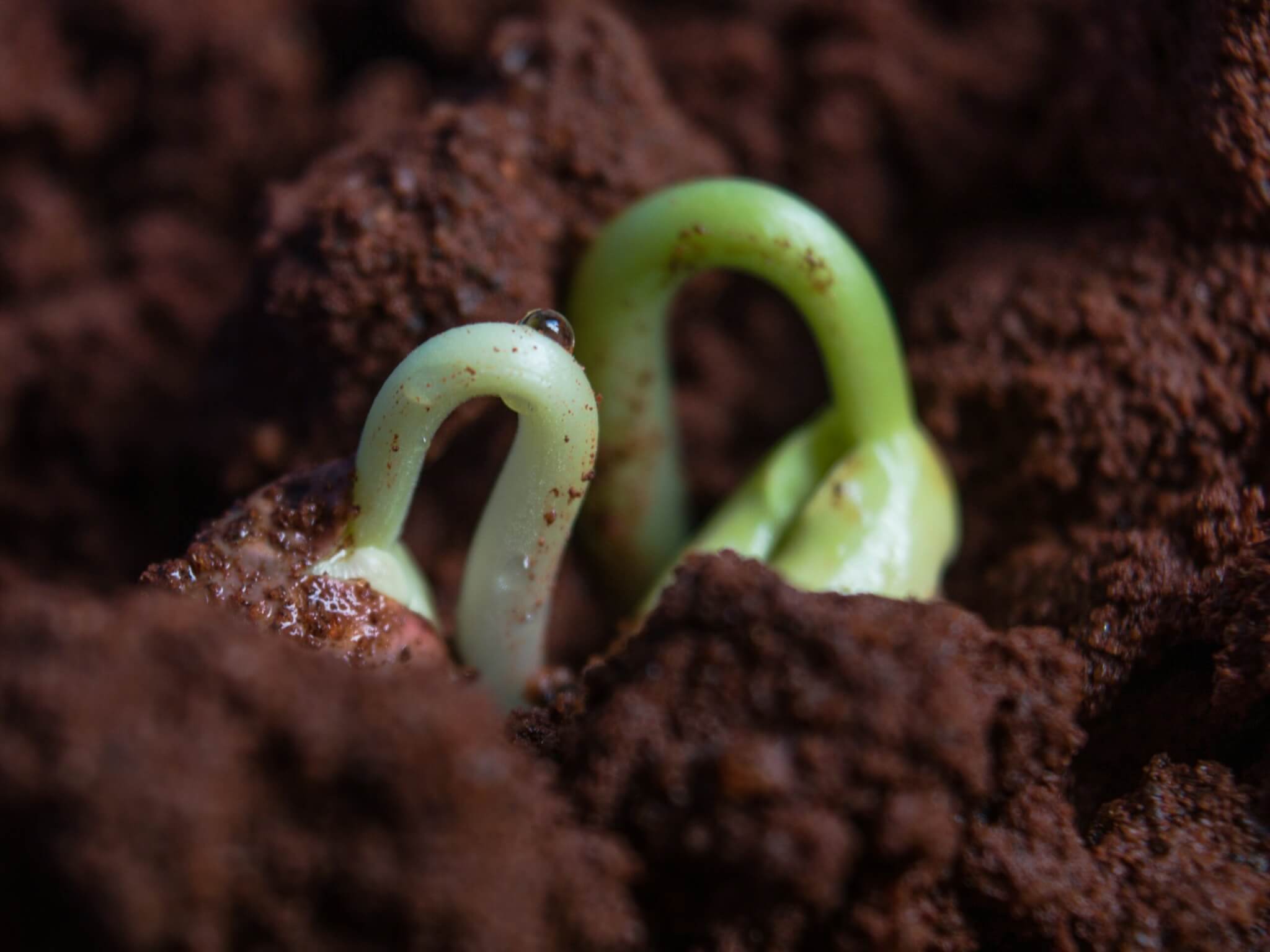
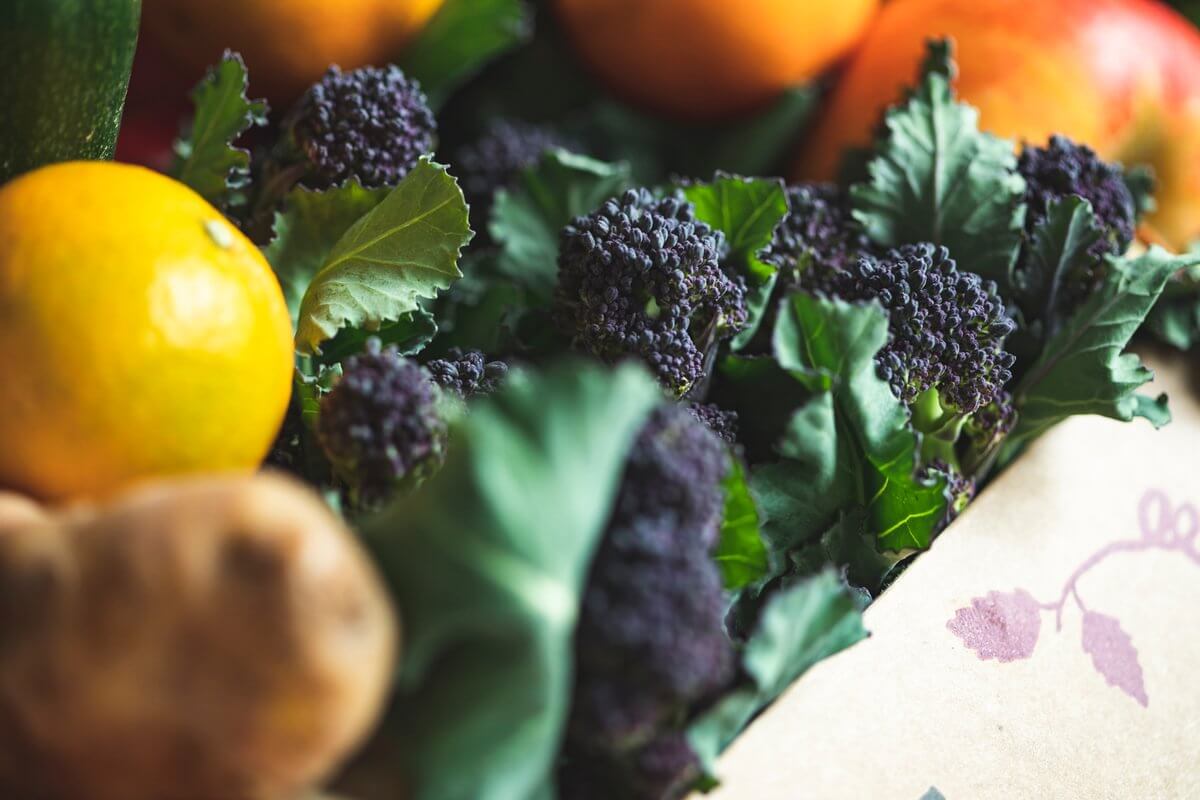
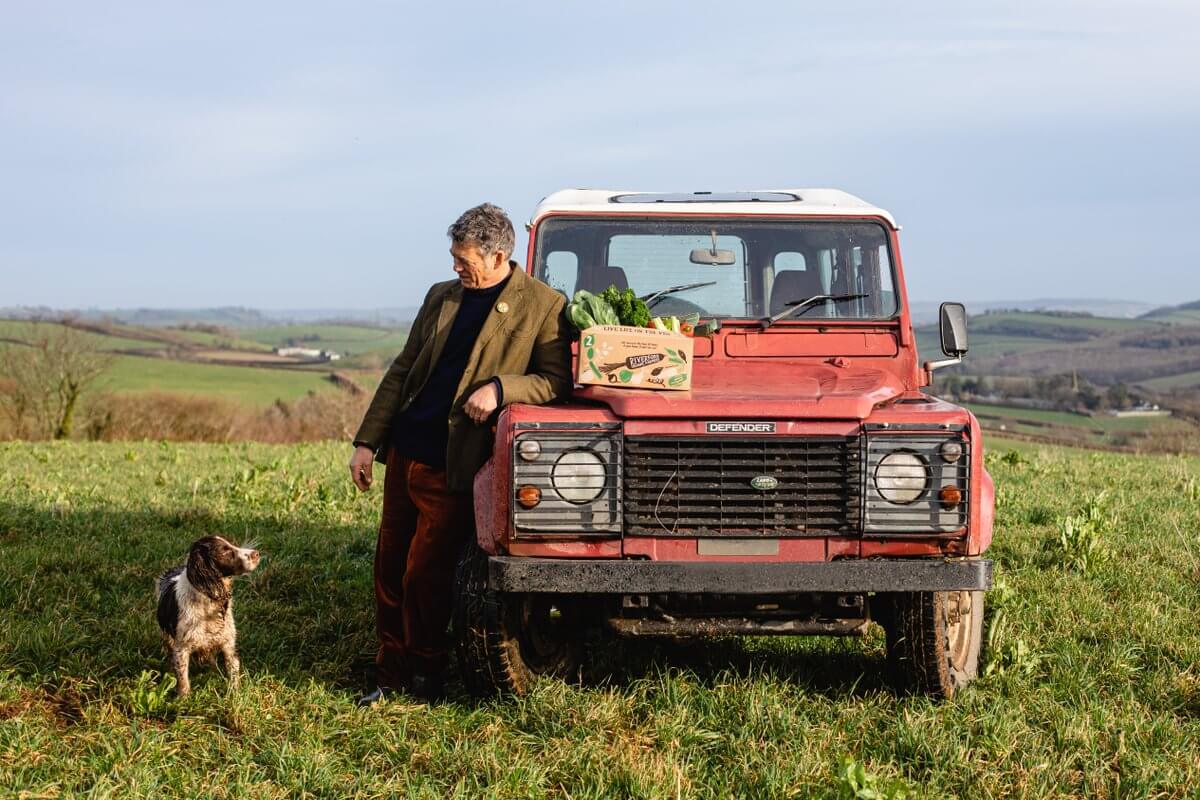








0 Comments